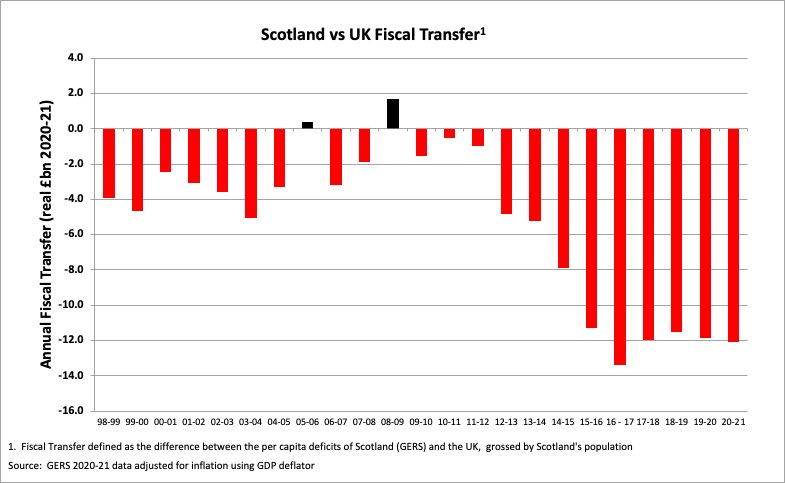
so here we go again - the SNP’s latest prices of statistical gerrymandering in their new paper is as blatant as their previous attempts
1/n
#ANewScotland

1/n
#ANewScotland


when the SNP’s Growth Commission tried this exercise, they included New Zealand, Singapore, Hong Kong
at least this latest paper recognised how ridiculous those comparisons were and has dropped them
2/n
at least this latest paper recognised how ridiculous those comparisons were and has dropped them
2/n
the arbitrary nature of this list is clear when you notice
1. they have now included Iceland (the Growth Commission didn’t as it does not qualifying as an IMF “advanced economy”)
and …
3/n
1. they have now included Iceland (the Growth Commission didn’t as it does not qualifying as an IMF “advanced economy”)
and …
3/n
2. some IMF “advanced economies” in Europe have been arbitrarily excluded from the comparator set: Portugal, Greece, Czech Republic and Slovak Republic
4/n
4/n
so this “analysis” amounts to no more than choosing a set of countries that on some measures outperform the UK and pointing at them and saying “we could be them if only we were independent”
5/n
5/n
so this “conclusion” is nonsensical - it should read “a set of countries we selected based on being better performers on the metrics we’re looking at perform better on the metrics we’re looking at” 

as for “the evidence suggests” - i’ll take time to read the full paper, but i’ll wager no consideration is given to what could be achieved by remaining within the UK with all the benefits that brings (currency, scale, fiscal security, UK single market) and using devolved powers 

this same type of SNP “analysis” could be used to draw the “conclusion” that “the evidence suggests” if Scotland broke away from the UK our football team would be as good as Belgium’s
#ANewScotland
#ANewScotland
i was right …
https://twitter.com/kevverage/status/1536698342805323776
• • •
Missing some Tweet in this thread? You can try to
force a refresh
















